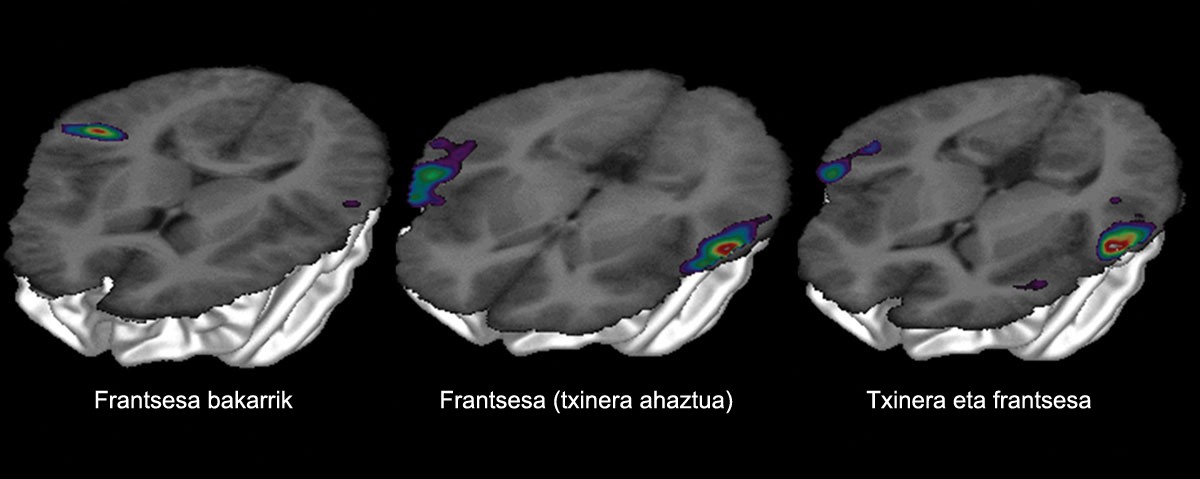Although the mother tongue is forgotten, it stays in the brain
With an experiment with Chinese children adopted by French speakers, Canadian researchers have shown that, despite forgetting the mother tongue, the brain continues to respond to it. The work has been published in PNAS magazine.
They conducted an experiment with 48 children and young people aged 9 to 17. Of these, some were born in Canada and French monolingual speakers; others were born in China, adopted by French speakers before the age of 3 and forgotten of Chinese, French monolingual speakers; and, finally, those adopted as the previous but who have continued with Chinese and therefore bilingual. They all had typical Chinese and non-French sounds, while they followed the neuronal activity of the brain.
Those who listened to Chinese from birth, forgot or not, showed a similar neuronal activity: they were activated the left and right temporal circumvalations. Those who only received French by birth were activated only on the right. Thus, researchers have concluded that the first language that is learned, although forgotten, leaves a mark on the brain.







